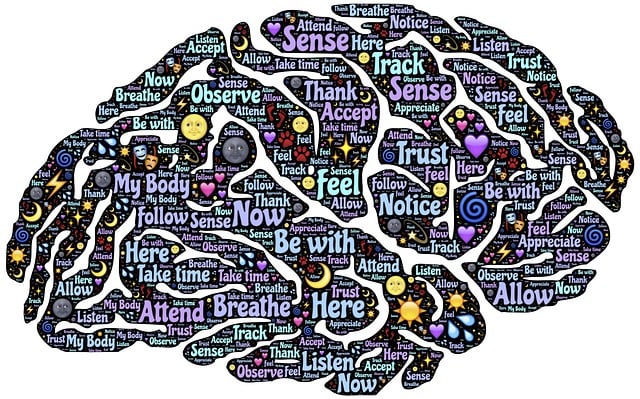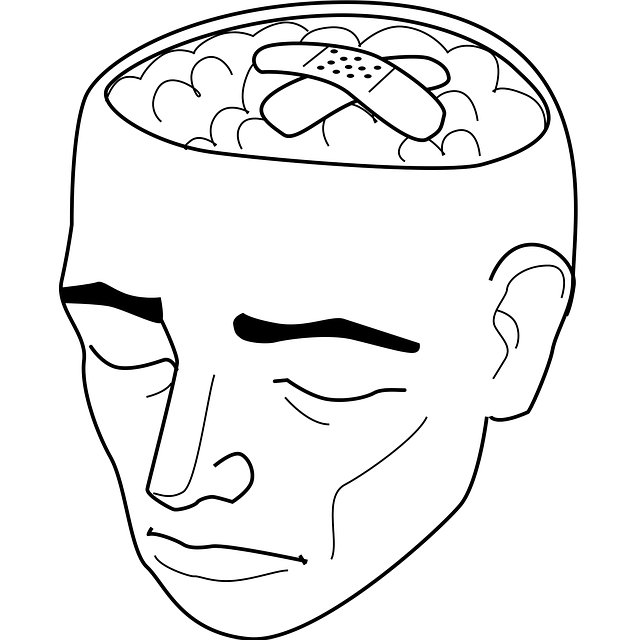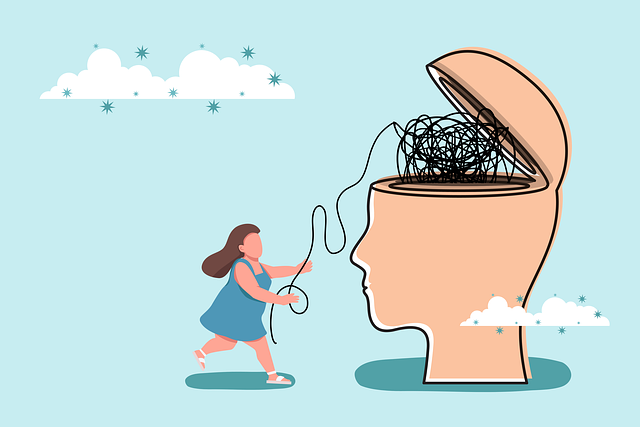Lafayette Acceptance and Commitment Therapy (ACT) is a behavioral therapy promoting psychological flexibility, emotional well-being, and stress reduction through mindfulness, acceptance, and commitment to valued actions. For mental wellness apps targeting students, professionals, and those seeking improved emotional intelligence, tailored features like community outreach, stress management techniques, and mindfulness exercises are effective. Understanding competitors and differentiating with innovative practices like Inner Strength Development or unique communication strategies is crucial for success in the app market. A content marketing strategy focusing on educational resources, regular updates, and user testimonials enhances reach and credibility. Building a supportive community through forums, peer groups, workshops, and events fosters user retention and facilitates emotional regulation, aligning with the core principles of ACT.
“Unleash the power of mental wellness with a strategic marketing approach for your app. In today’s digital landscape, Lafayette Acceptance and Commitment Therapy (ACT) offers a transformative path to user engagement. This article guides you through crafting an effective strategy, from understanding ACT’s key principles and benefits to identifying your target audience. We’ll explore competitive analysis techniques and content marketing strategies that resonate with users. By focusing on community building and retention, your app will not just attract downloads but foster meaningful connections.”
- Understanding Lafayette Acceptance and Commitment Therapy (ACT): Key Principles and Benefits
- Target Audience Identification: Who Needs a Mental Wellness App?
- Competitive Analysis: Positioning Your App in the Market
- Content Marketing Strategy: Engaging Users Through Educational Resources
- Building Community and User Retention: Beyond the Download
Understanding Lafayette Acceptance and Commitment Therapy (ACT): Key Principles and Benefits

Lafayette Acceptance and Commitment Therapy (ACT) is a form of behavioral therapy that helps individuals increase their psychological flexibility while fostering emotional well-being and reducing stress. The key principles of ACT involve acceptance, mindfulness, and commitment to valued actions. By accepting one’s thoughts and emotions without judgment, ACT encourages individuals to become more present in the moment, allowing them to engage in meaningful activities despite the presence of negative thoughts or feelings.
This therapy promotes self-awareness and emphasizes the importance of identifying and embracing personal values. It teaches effective stress reduction methods and emotional well-being promotion techniques that enable people to make positive changes in their lives. By fostering a sense of purpose and commitment, ACT helps individuals navigate challenges and lead more fulfilling lives, ultimately enhancing their overall mental wellness.
Target Audience Identification: Who Needs a Mental Wellness App?

In today’s fast-paced world, mental wellness is a paramount concern for individuals across various demographics. The target audience for a mental wellness app like Lafayette Acceptance and Commitment Therapy (ACT) extends beyond those already struggling with mental health issues. It encompasses students dealing with academic stress, working professionals grappling with high-pressure environments, and anyone seeking tools to enhance their emotional intelligence and overall well-being. By identifying these diverse needs, developers can tailor the app’s features effectively.
For instance, a community outreach program implementation within the app could cater to individuals in urban areas experiencing loneliness or isolation. Similarly, stress management techniques and mindfulness exercises would appeal to professionals seeking balance in their demanding careers. Moreover, integrating emotional intelligence training could resonate with young adults navigating the complexities of personal relationships and self-discovery. Understanding these diverse needs is crucial in developing a mental wellness app that resonates with its intended audience and promotes meaningful engagement.
Competitive Analysis: Positioning Your App in the Market

In today’s competitive market for mental wellness apps, understanding your competition is crucial for positioning your app effectively. A thorough competitive analysis involves evaluating similar apps, such as Lafayette Acceptance and Commitment Therapy (ACT), to identify unique selling points and areas of improvement. By examining their features, pricing models, user reviews, and marketing strategies, you can gain valuable insights into what sets them apart and where your app can excel. This process is essential for carving out a distinct niche in the market and attracting users looking for innovative solutions for their mental health needs.
For instance, while competing apps may focus on traditional therapy techniques, yours could differentiate itself by incorporating cutting-edge practices like Inner Strength Development or unique Communication Strategies to foster deeper connections between users and therapists. Emphasizing Empathy Building Strategies within your app’s design can also set it apart, creating a supportive environment that encourages users to open up and engage actively in their mental wellness journey. This competitive edge will be vital in attracting users who seek more than just standard therapy options.
Content Marketing Strategy: Engaging Users Through Educational Resources

Content Marketing Strategy: Engaging Users Through Educational Resources
Creating an effective content marketing strategy for a mental wellness app like Lafayette Acceptance and Commitment Therapy (ACT) involves offering valuable educational resources that resonate with users’ needs. By providing in-depth articles, blog posts, and interactive guides focused on topics such as stress management, mental health awareness, and depression prevention, the app can establish itself as a trusted authority in the field of mental wellness. This approach not only educates users but also fosters a sense of community and support around their mental health journey.
Regularly updating content with practical tips, research-backed advice, and real-life success stories will keep users engaged and coming back for more. Incorporating user testimonials and case studies related to Lafayette ACT’s methodologies can further enhance credibility and encourage potential new users to download the app. This strategic content approach not only drives user acquisition but also fosters long-term engagement by addressing the continuous need for mental health education and support.
Building Community and User Retention: Beyond the Download

Building a strong community and fostering user retention are essential strategies for mental wellness apps to thrive beyond initial downloads. Encouraging users to engage actively with the app and each other creates a supportive environment, which is crucial for effective coping skills development and emotional regulation. By integrating features like forums, peer support groups, or even virtual events, users can connect with like-minded individuals going through similar challenges, fostering a sense of belonging.
The Lafayette Acceptance and Commitment Therapy (ACT) approach, for instance, emphasizes the importance of mindfulness and acceptance in managing mental health. An app centered around this philosophy could facilitate user connections by hosting online workshops or discussion boards focused on emotional regulation techniques. Moreover, organizing regular stress management workshops within the app encourages active participation, enhances user engagement, and promotes a sense of community, ultimately leading to better mental wellness outcomes.
Developing a comprehensive marketing strategy for a mental wellness app involves understanding the unique value proposition of Lafayette Acceptance and Commitment Therapy (ACT), pinpointing the target audience’s needs, and navigating a competitive market. By leveraging content marketing to educate users on ACT’s key principles and benefits, you can foster engagement and build a community that promotes user retention. Ultimately, successful marketing for mental wellness apps goes beyond the download, focusing on long-term user satisfaction and well-being.













